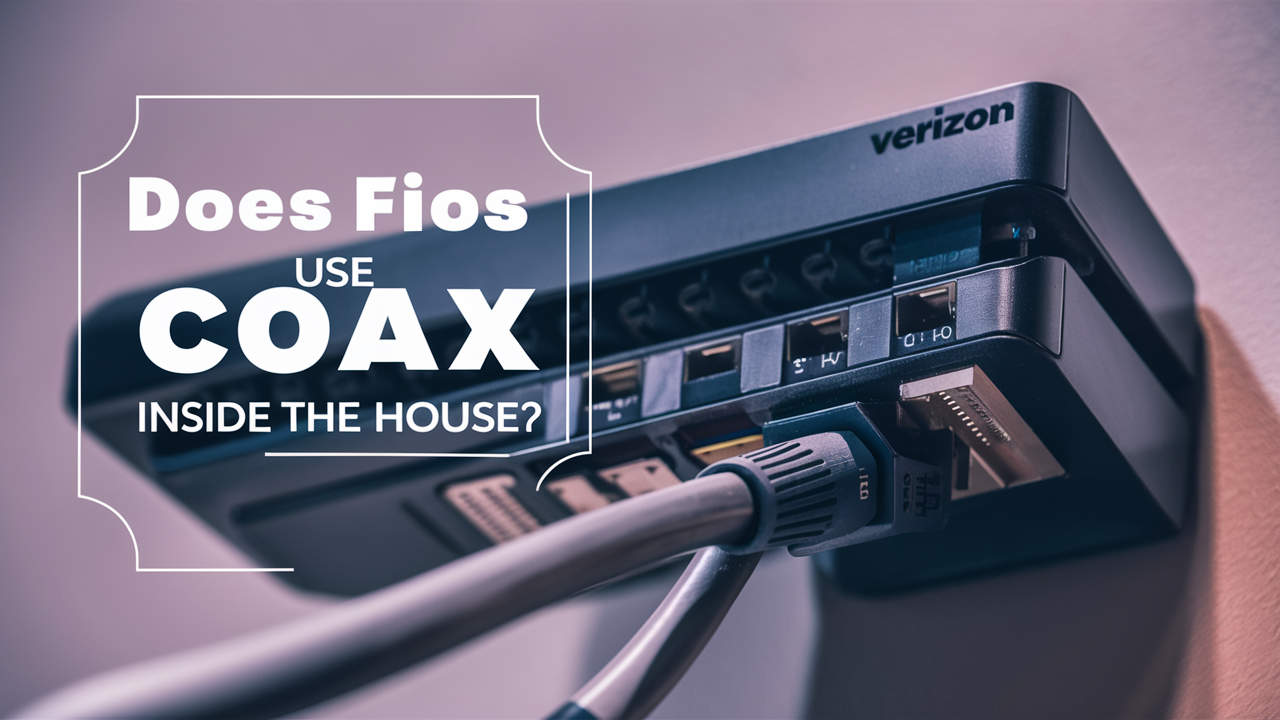How Do I Reduce Cox Data Usage?

How is the Use of Cox Data Usage Reduced?
As streaming services, online gaming, video calls and more data-intensive uses of the internet become more common it is incredibly simple to go through your monthly Cox data allowance. When you use up your data allowance you get limited internet speeds or have to pay for additional data. Luckily, there is a way to reduce the amount of Cox internet data consumed and prevent consecutive fees from being added. Here are the top tips:
1. Monitor Your Usage
The first step is to understand how much data you are using or, in other words, how many bytes or megabytes per day or month your work and communications require. To check your monthly data usage, you need to make use of the Cox account login on the official website or utilize the Cox Connect mobile application. This helps you determine the amount of data that you have used and how much data you are left with before reaching the limit set by your service provider. One should check it periodically, for instance, on a weekly or mid-month basis to ensure they are up to date. Some modems have usage meter features that show the amount of data used directly on the modem. Monitoring will make you more conscious of usage behaviors that need to be avoided.
2. Limit Video Streaming
Among all the data types, the streaming of high-definition video content is said to be one of the largest data consumers. For instance, watching or streaming high-definition videos for 1 hour can consume up to 3 GB per hour. Disable the HD Streaming capability of applications such as Netflix, Hulu, Disney+, YouTube, and others by setting them to use Standard Definition whenever possible. SD uses less data per hour, about 1GB, meaning that it reduces the amount of data used substantially. Also, download content to watch offline whenever possible because when the data is downloaded, it is not deducted from the total data once the download is complete.
3. Optimize Online Gaming
This is used by online services such as Xbox Live, PlayStation Network, and Steam that require high data transfer rates. Select efficient internet settings for the gaming consoles and computers that you use. Limit background use by switching off auto-updates and auto-downloads to ensure that large downloads do not increase usage. In cases of using chat features while playing games, it is advisable to chat less and follow the voice rather than having more vocal chatting since it needs data. It is also advisable to remove games but only those you don’t use anymore or any other content that may be negatively affecting the data footprint of the devices.
4. Limit Cloud Storage Syncing
Connecting a device to automatically sync and back up information to iCloud, Google Drive, and Dropbox may use data without the user realizing it. Make cloud apps sync and back up with Wi-Fi only instead of and not with cellular data. Moreover, sync less often (for example, daily) and do so only with the information you want to save. Transfer current necessary files rather than histories of the whole devices or archives that you rarely use to minimize file transfers.
5. Use Wi-Fi Hotspots More
It is when instead of connecting your devices like smartphones and tablets, laptops, etc., to the Internet through the cellular data provided by Cox you use Wi-Fi, thus, you do not spend your Cox data plan. Find Wi-Fi networks in home workplaces, cafes, libraries, stores, and countless other locations to reduce the burden on home broadband usage. It is also advisable to disable auto-connect to less preferred or potentially low-quality Wi-Fi networks to enhance this strategy. For non-business, specific apps, you can also choose to have your devices operate only on Wi-Fi to reduce mobile data consumption even more.
6. Restrict New Versions Update of Software & Apps
Updates such as application updates, software updates, new episodes of your favorite podcast, and many apps continue to download content in the background and consume data rapidly. Turn off the Auto Update option in devices and update apps only when connected to Wi-Fi. Also reduce the synchronization of data, news, or content feeds that ‘push’ or refresh automatically. You can perform the check less frequently (biweekly, monthly) to be able to better control the amount of data you handle.
7. Compress Web Browsing
The activities such as loading web pages, videos, and images are quite resource-intensive. Opt for the settings of your browser to make it use less internet through options that allow compression. Opera’s data savings mode or Chrome’s Data Saver, are the kind of browser extensions that compress the web traffic through proxies and don’t affect the quality of the performance. Press on your browser’s Reader Mode to make a webpage minimal with mostly text and a few tiny images. Do not type in several tabs or windows as each causes use to go up steadily.
8. Disable Unnecessary Background Processes
There are a lot of background activities on your devices that constantly send and receive data that may be constantly building up. Turn off background app data and location services for other applications not requiring real-time monitoring. Also, minimize background OS activities such as checking for updates to applications or update feeds. Where to find settings to make these specific depends on the device but use settings or preferences to do this for using less data.
9. Some apps, such as health apps, require constant access to data, but most apps do not need to have constant permission to collect and transmit data in the background, so we can set data limits and alerts to control data usage.
To resolve this issue: Data usage can be kept in check by setting alerts and caps on devices for example smartphones or linking your Cox account to an application to manage the usage. For specific amounts get alerts when you reach the limit of money spent before exceeding the spend limit (75%, 90% of the allowed allowance). Such should be measured on a per billing cycle basis rather than according to calendar month as this is likely to be more accurate. For instance, My Data Manager and Norton Core are applications that are synced with Cox accounts that allow the setting of usage limits for certain devices or members.
10. On the same, one needs to have a Higher Data Plan.
However, if all these methods to minimize the use of data still prove ineffective and continue to push you over the limit, the obvious solution may be increasing your internet plan size. To estimate data usage in your household, check out several months of usage history to see typical usage. Select a Cox data plan that gives you a reasonable amount of extra data than what you know you’ll need. Do not always have to worry about how often you can use information or have to worry when there are more than expected. A combination of the above tactics and a reasonably higher data allowance offers the best solution.
The second key principle to follow to ensure proper data management is to be proactive about it.
Managing the Cox data usage is not a hard process but requires a little of your time and it helps in avoiding the extra charges and connectivity issues. By using a combination of reduction of the quality of the videos, switching to Wi-Fi, turning off background apps, and setting up data usage notifications, most families remain safely under the limit of their allowance. It is a good idea to go back through your usage patterns at least every few months or when your requirements regarding data change. Being in a position to continue monitoring the data ensures that home internet access is as good as it can be.
Ready to upgrade your internet experience? Call us now at +1 844-349-7575 to explore the best Cox Internet plans for your needs!





